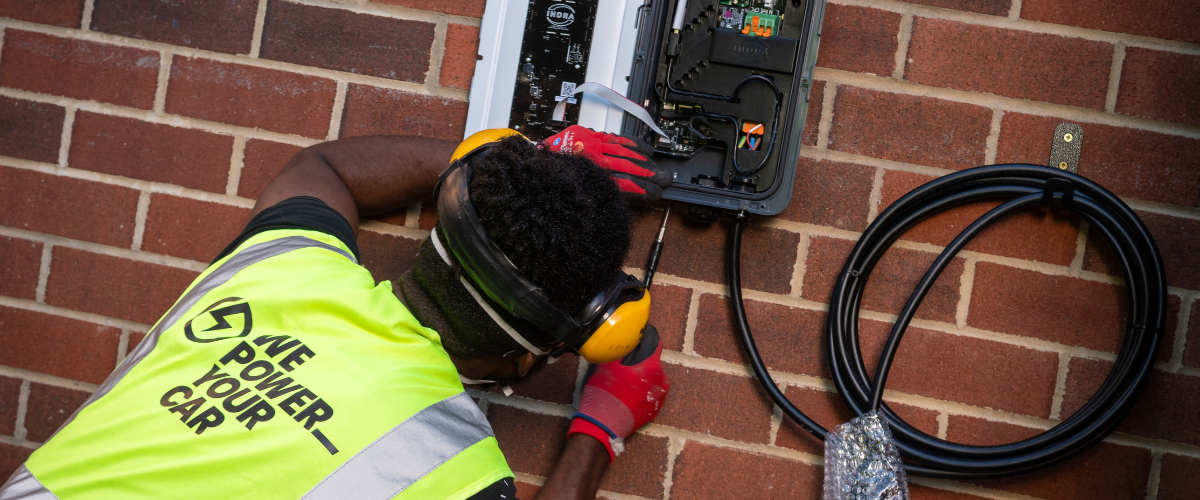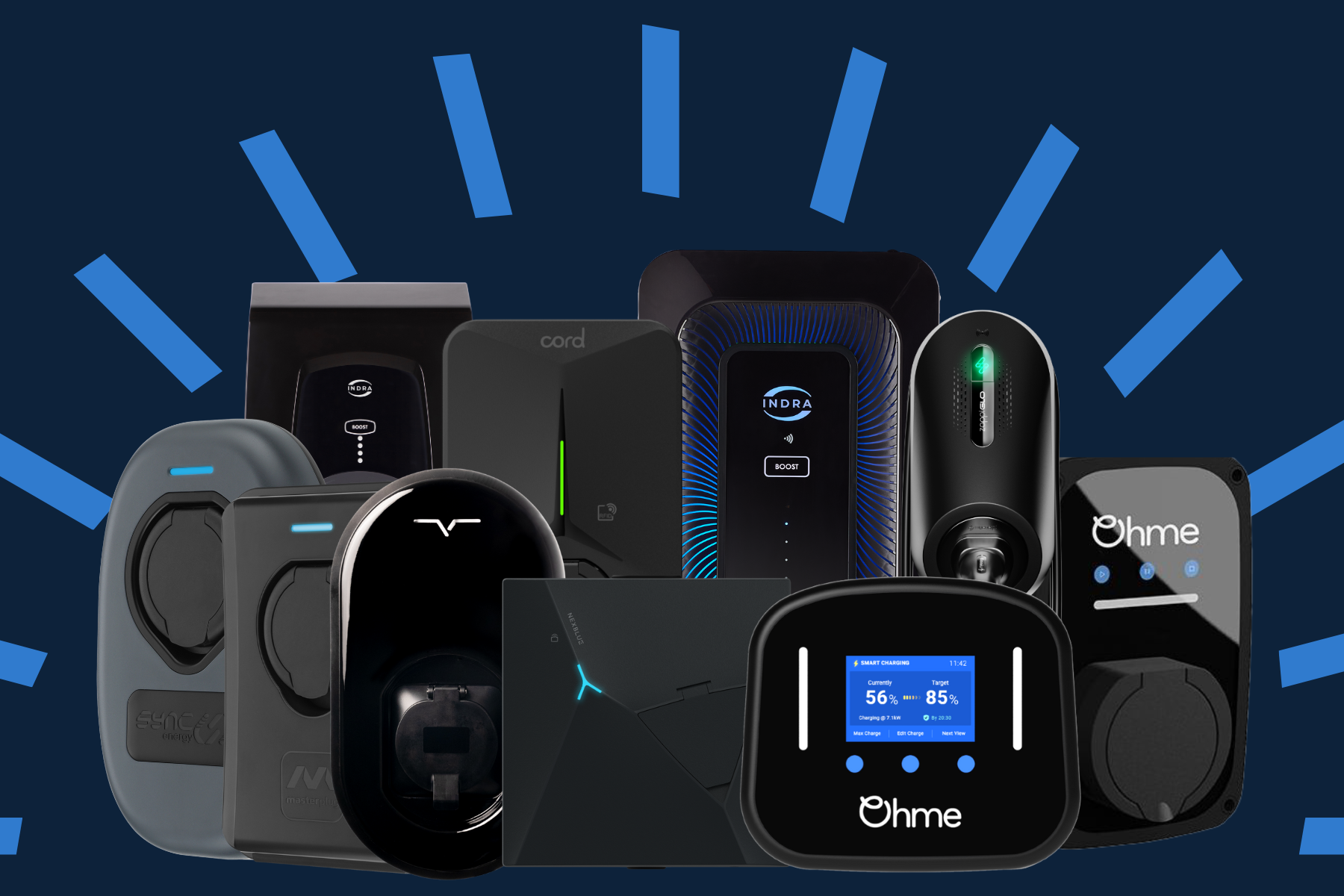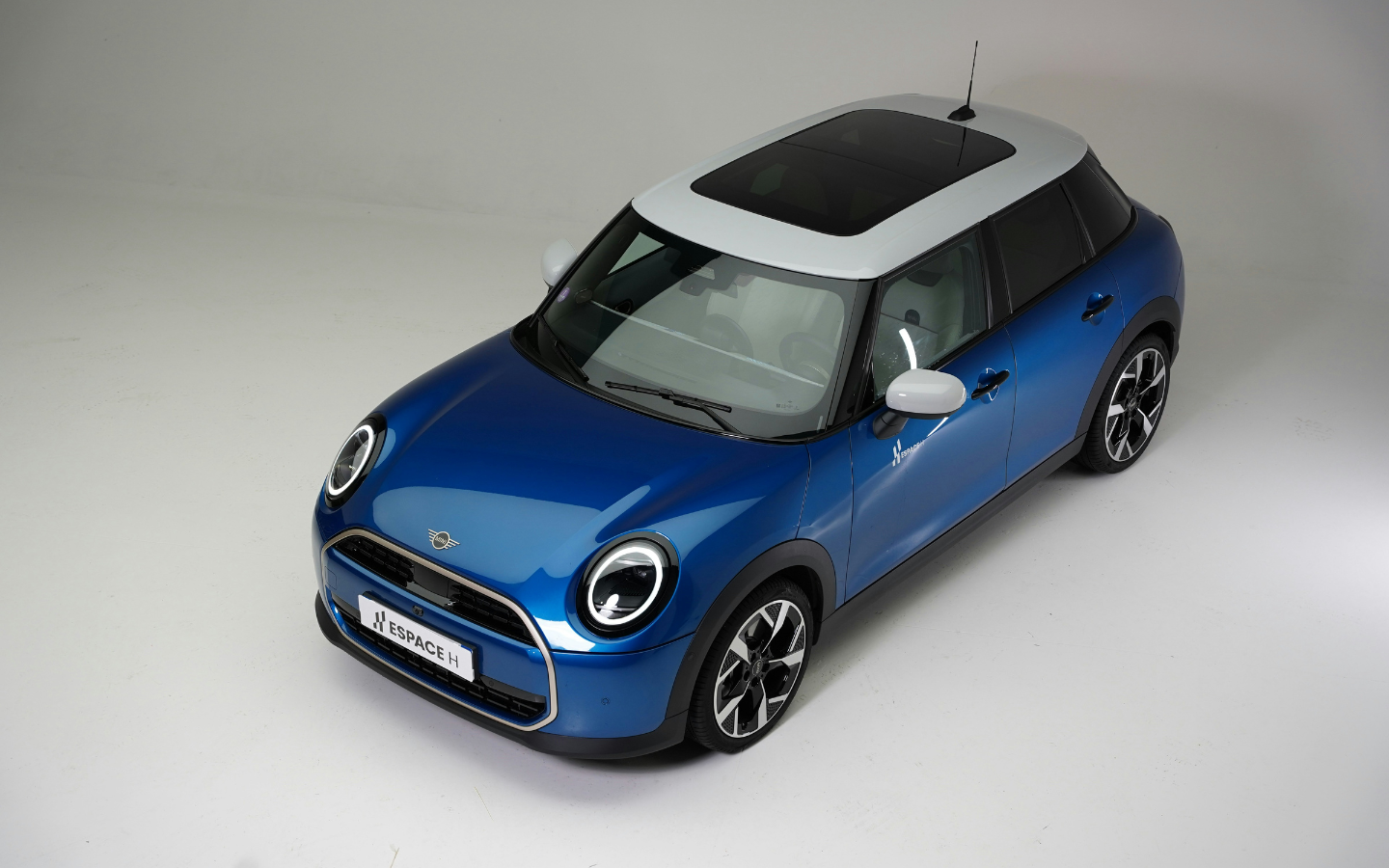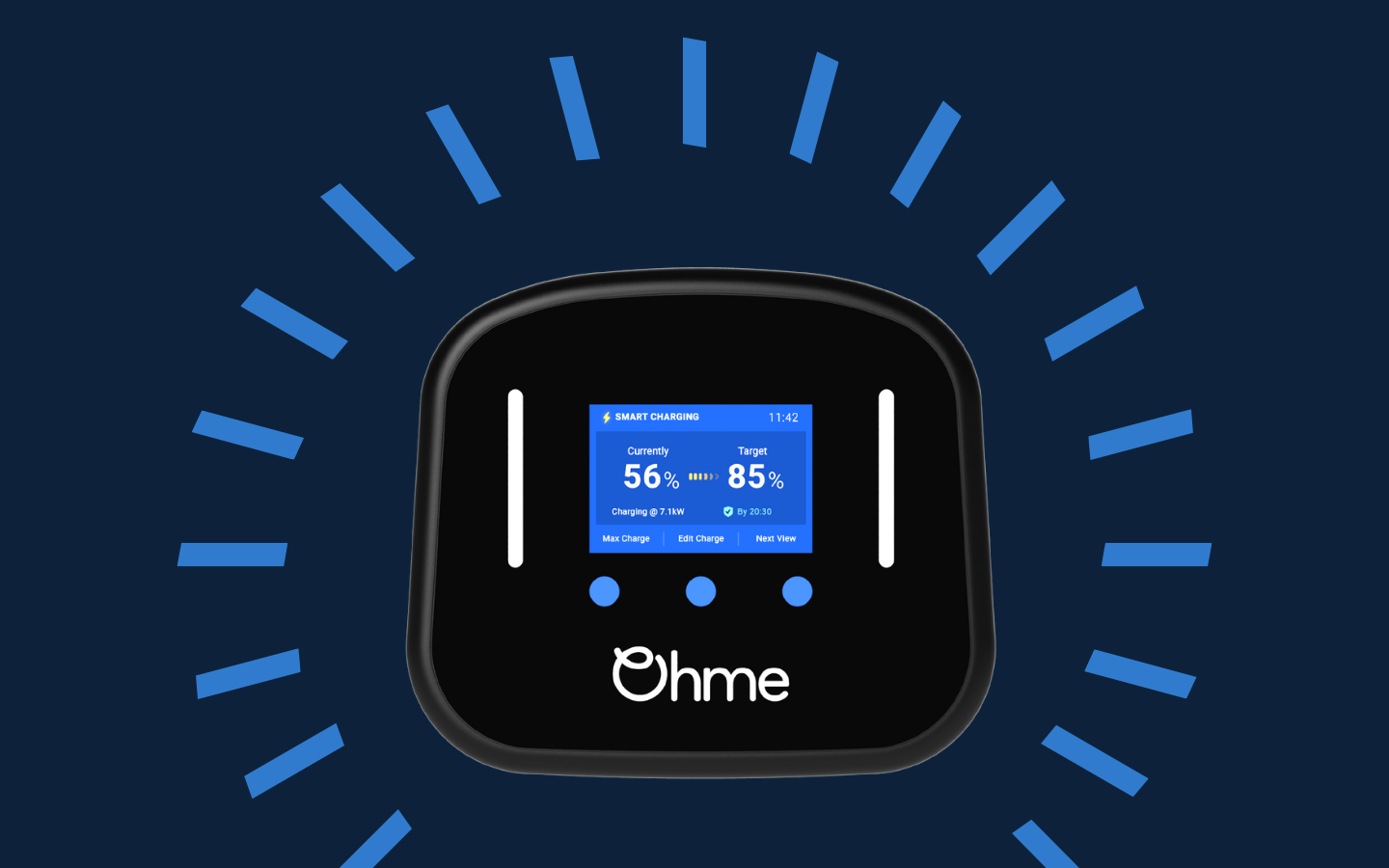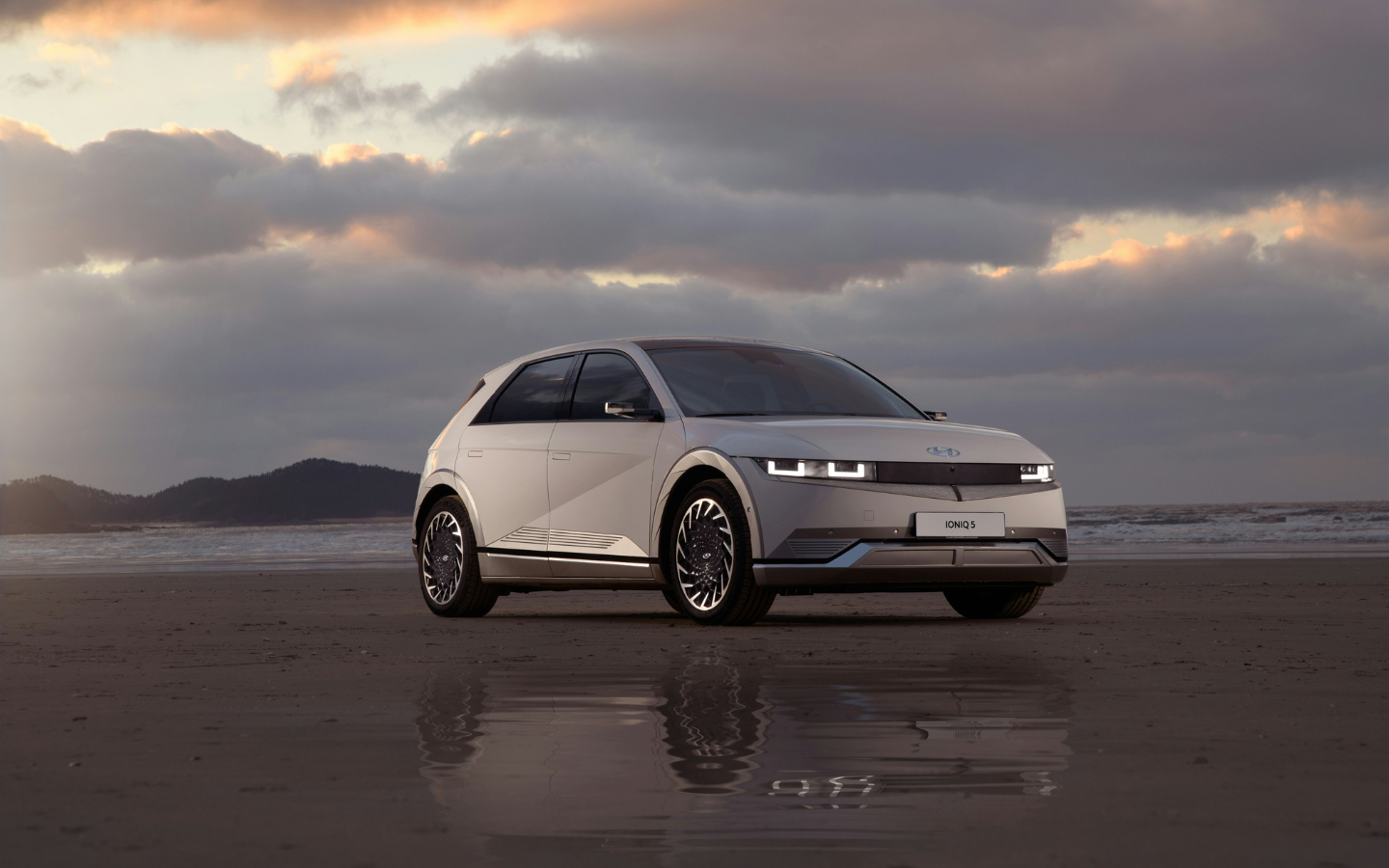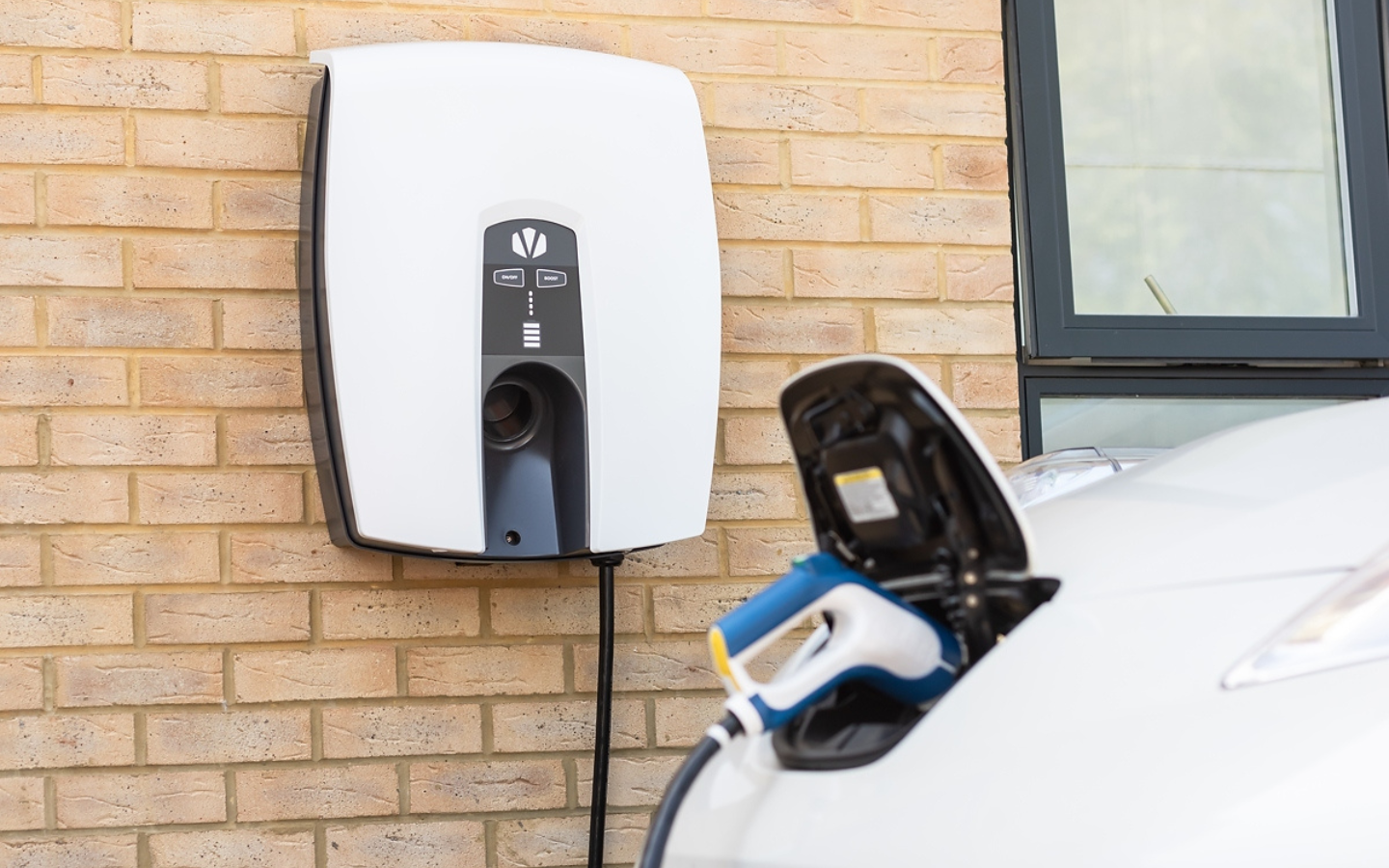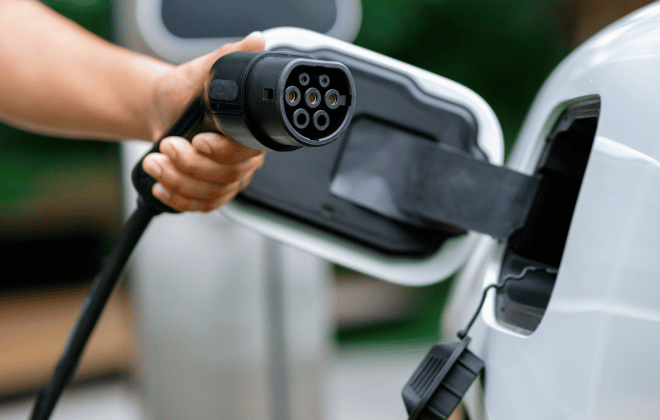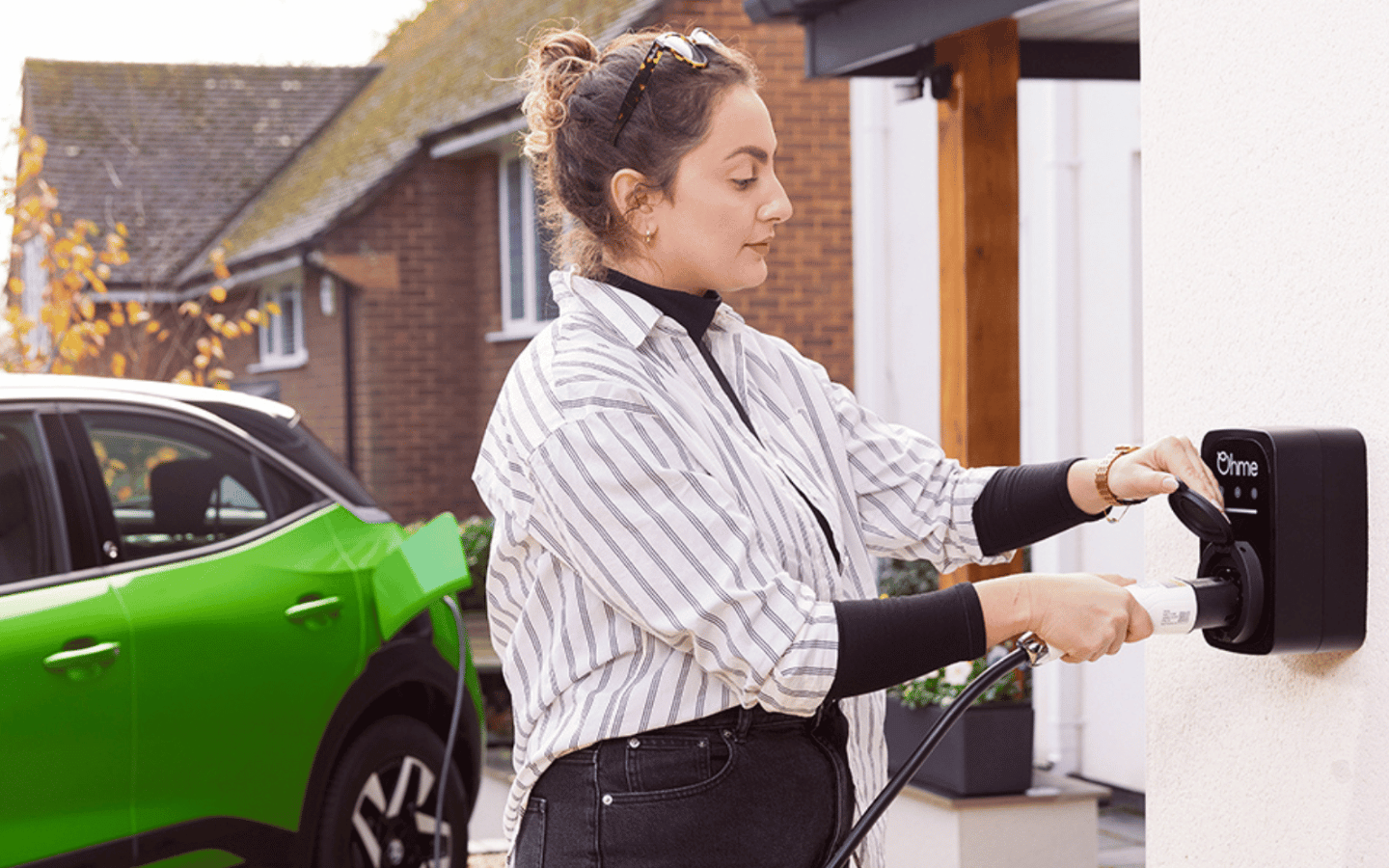

How many amps does a home EV charger use?
Home EV chargers are rated by amps, but what does this term mean, and how many amps does an electric car charger use?
In this guide, we’ll share the fundamentals of amperage (amps) and explore the factors that affect how many amps a home EV charger uses.
Summary:
Understanding the amperage of an EV charger is crucial for efficient and safe electric car charging at home. Amps, kilowatts, and volts form the foundation of EV charging. A 3.6kW home EV charger, with around 16 amps, offers a slower charging rate, while a 7.4kW home EV charger, utilising about 32 amps, provides a fast charging experience. Your choice of charger depends on many factors, such as your vehicle’s onboard charger, driving habits, and your home’s electrical capacity, which a qualified EV charger installer should assess.
What are amps?
Before we delve into the question of “How many amps does a home EV charger use?” it’s crucial to understand the fundamental concepts of amps, kilowatts, and volts. These terms are at the core of understanding electric vehicle (EV) charging stations.
EV charging stations are rated by kilowatts, volts, and amps.
Amperes, often abbreviated as “amps,” serve as a unit of measurement for electrical current. Regarding electric vehicle (EV) charging, the amp rating is the amount of electrical current that can be delivered to your vehicle’s battery.
A kilowatt is a measure of electrical power and refers to how much power a charger can deliver in the context of EV charging.
Volts are a measurement of the amount of force of the electricity, somewhat like the speed of the flow of electrons through the circuit.
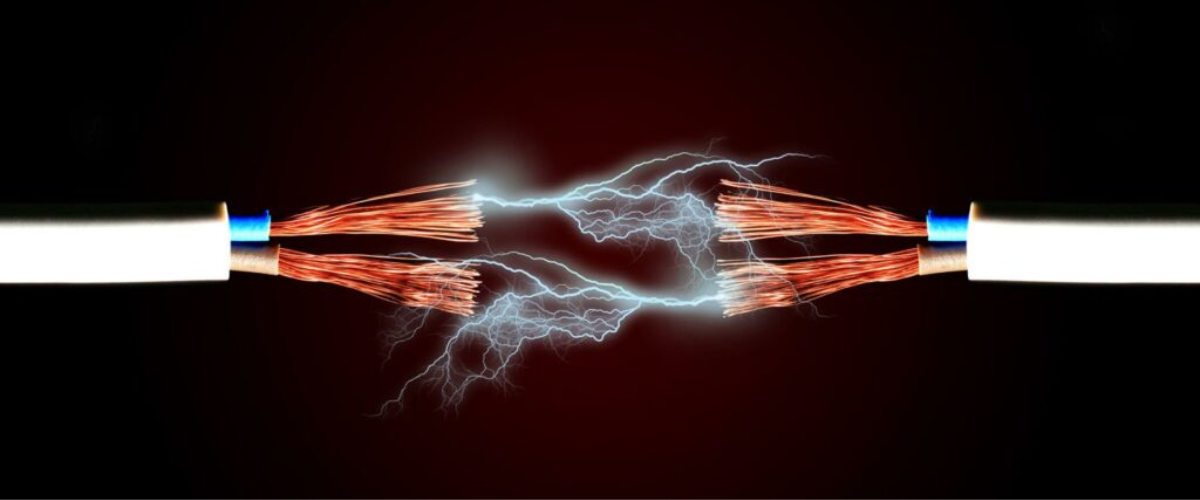
How many amps does a home EV charger use?
The amperage of a home EV charger depends on the type of charger. The typical home electric car charger in the UK is rated at either 3.6 kilowatts (kW) or, more commonly, 7.2 kilowatts (kW). The amperage of these chargers can vary depending on the voltage of the electrical supply.
Standard level 2 chargers in the UK typically run on alternating current (AC) and use a 230-volt supply (standard household voltage).
To calculate the amperage, you can use the formula:
Amperage (A) = Watts (W) / Voltage (V)
How many amps does a 3.6kW charger use?
For a 3.6 kW charger, if it operates at the standard UK voltage of 230 volts:
Amperage = 3600 W / 230 V = approximately 16 Amps
As such, a 3.6kW EV charger typically uses approximately 16 amps.
These powered chargers are considered slow chargers as they only charge 1.6x faster than a 3-pin plug charger. As such, these units are not recommended for home charging because of the extensive time it takes to charge compared to a 7.4kW charger.
How many amps does a 7.4kW charger use?
For a 7.4 kW home charger, again at 230 volts:
Amperage = 7400 W / 230 V = approximately 32 Amps
As such, a 7.4kW EV charger typically uses approximately 32 amps.
This single-phase charger is the most popular home electric vehicle charger as the time taken from empty to full charge is around twice as fast as a 3.6kW charger and three times faster than a three-pin plug charger.
How long does it take to charge an EV with 16 amps?
As mentioned, a 16 amp charger only charges 1.6x faster than a 3-pin plug charger.
For example, a Nissan Leaf (2018) with a 40kWh battery would take 11 hours from empty to full.
How long does it take to charge an EV with 32 amps?
A 32 Amp EV charger charges around twice as fast as a 16 amp charger.
For example, a Nissan Leaf (2018) with a 40kWh battery would take 6 hours from empty to full.
As most home charging will happen overnight, 6 hours is far more suitable for an overnight charge compared to 11 hours.
How many amps does a 22kW charger use?
It is possible to get a 22kW charger installed at your home; however, these chargers require a three-phase electricity supply, and your electric installation must be set up for triple-phase charging with an amperage of 32 A.
Most domestic properties in the UK have a single-phase electricity supply, and upgrading to three phases costs thousands of pounds. As such, it may not be cost-effective for most people to get a 22kW charger, especially as a 7kW charger is sufficient to give you a fully charged vehicle overnight.
Read our blog to learn more about the differences between 7kW and 22kW EV chargers.
How many amps do you need for home EV charging?
The number of amps you need for home EV charging depends on a few factors: the vehicle’s onboard charger, your driving habits and your home’s electrical capacity.
Vehicles onboard charger
Electric vehicles have an onboard charger, which dictates how much power they can take in from a charging station. For example, if your car has an acceptance rate of 32 amps, a higher amp charging station won’t charge your car any faster and would be made redundant.
Driving habits
If you typically drive short distances and only need to charge your vehicle a few times a week, a lower amp charger, such as a 16 amp charger, may be sufficient. But, if you drive longer distances or need quicker charging times, you might need a higher amp charger, such as a 32 amp charger, to provide you with a full overnight charge daily.
Home’s electrical capacity
A higher amp charger requires a larger electrical supply in your home. You must ensure your home can handle the additional load from an EV charger. The best way to do this is to consult with a qualified installation company, such as We Power Your Car.
Your home needs to be able to provide the full amount of power that a home EV charger requires. A 32 amp charger requires a larger electricity supply than a 16 amp charger.
Does my home have enough power for an EV charger?
Your home has a limited electricity supply, and you need to have enough power available to install a high-powered dedicated circuit for a home charging station.
- A 3.6kW EV charger requires 16 amps. A 16-amp charger will need a circuit breaker rated for at least 20 amps.
- A 7.4kW EV charger requires 32 amps. A 32-amp charger will need a circuit breaker rated for at least 40 amps.
To determine whether your home has enough available power to install an EV charger, a qualified electrician will need to calculate the maximum demand of the property. Maximum demand is the peak electricity demand from the grid at a property.
If the maximum demand exceeds the incoming supply of the property, a fuse upgrade may be needed. While some homes have a 100 amp supply, most usually have 80 amps or even 60 amps, which is more common in older or smaller properties.
If your home uses more than 60 amps, we must tell your DNO (distribution network operator) about the EV charge point installation in case they need to upgrade your electricity supply.
You should always have an electrician perform a maximum demand calculation before installing your car charging point to know if your home has a sufficient supply to power your electric vehicle charger.
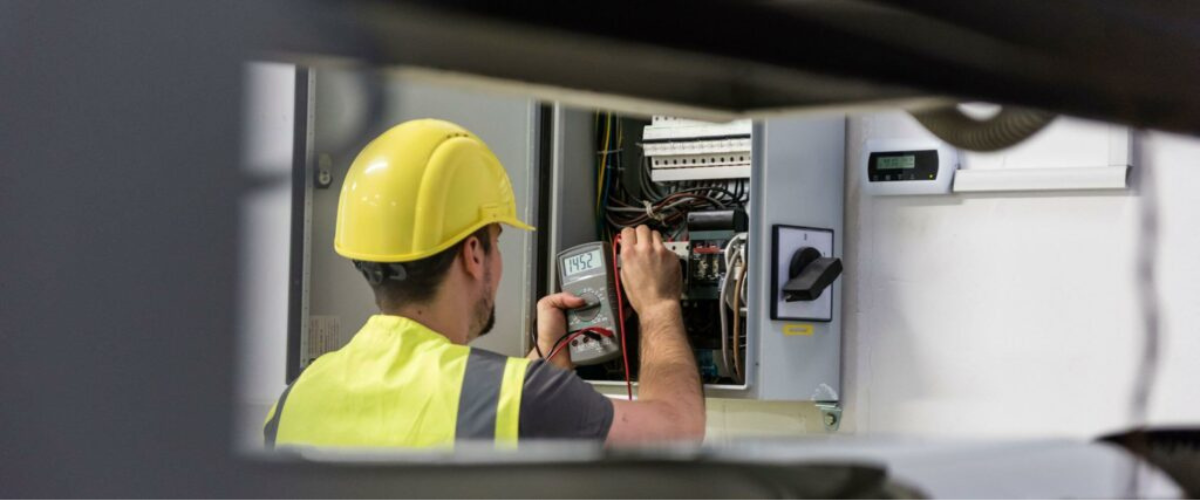
Interested in a home electric car charger?
Whether you choose a 16 or 32-amp charger, it’s essential to have an EV charger installed by a certified and experienced installation company, such as We Power Your Car. DBS-checked, accredited and experienced, we can install electric car chargers wherever you are, all with first-class customer service.
Don’t believe us? Visit our Trustpilot and browse over 2,000 reviews from our happy customers. Spoiler alert: we are rated 4.9 ‘Excellent’.
If you’re interested in a home EV charger installation, click below to get your free quote, browse our EV chargers, or contact us for more information or any queries you may have.
Connect with us on social media to stay informed and receive our most recent updates. You can find us on Facebook, Twitter, LinkedIn and YouTube.
